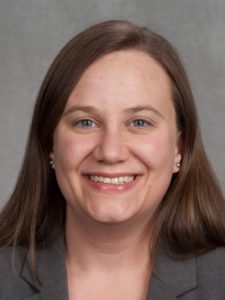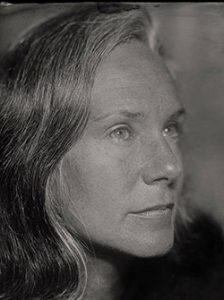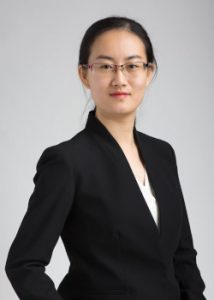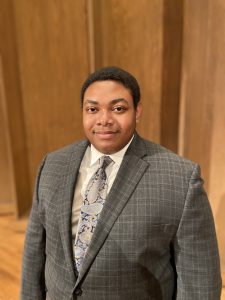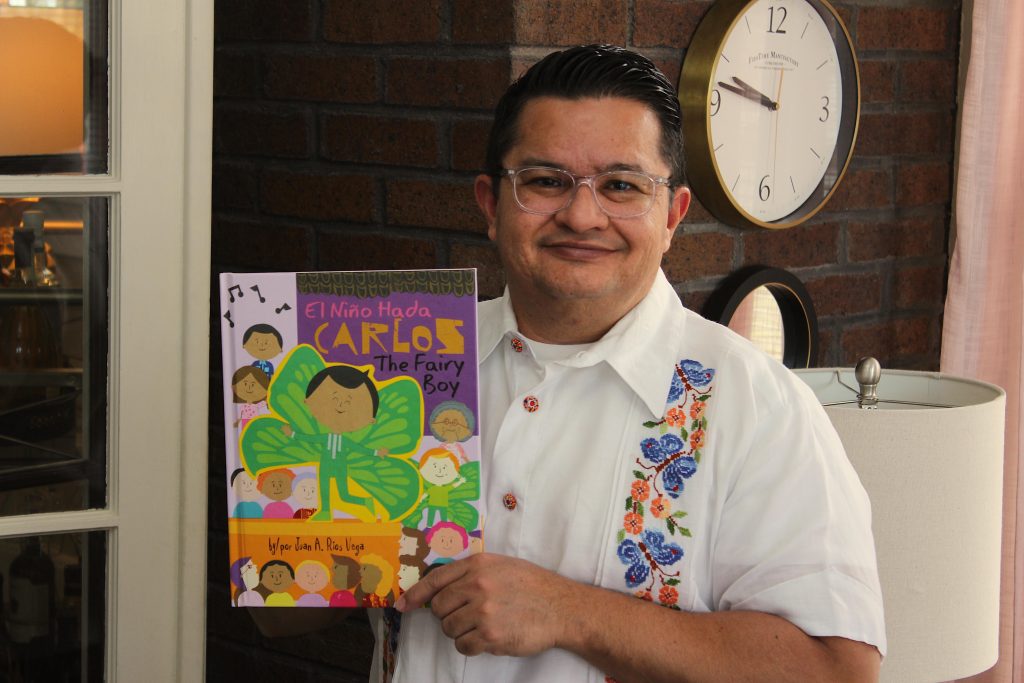
The common saying goes that one should be the change they wish to see in the world, and Juan Ríos Vega, an assistant professor of education at Bradley, is one of many who applies it in his own way – through the medium of children’s books.
His first book, “Carlos, the Fairy Boy,” will be released on Nov. 1. It centers around a young boy named Carlos who travels with his parents to Panama’s countryside, excited for the festivities of the widely-celebrated carnival. Most of all, he wants to join his cousins as fairies on the queen’s float, but when he finds out that boys are not allowed, he finds his place with help from his grandmother.
Ríos found inclusion and identity to be the foundation of his story.
“Although it is a children’s book, it touches on sensitive topics that are usually erased or invisible in children’s picture books,” Ríos said in an email interview.
As an avid reader of children’s books, Ríos was confronted with a lack of stories addressing being “the Other” from a Latinx, queer-based perspective. The driving force for him to make his own change first presented itself in 2017. He met Maya Gonzalez, an award-winning children’s book author and long-time muse of his at a Latinx conference.
After talking with her during an in-person workshop of hers and her online classes, Ríos decided to commit to writing a children’s book, and Gonzalez was among the first to submit approval of his early drafts.
As a fellow enthusiast in studying equity, and a mother with experience reading children’s books, Melinda McBee Orzulak, an associate English professor at Bradley, found a lot to take away from his story.
“The plot made a lot of sense to me, and I loved how the story offered complex characters and their reactions to a specific tradition,” McBee Orzulak said.
With the highlight of his already-published work consisting of research on Latinx students in education, including articles in co-edited books and an independently written book, working toward a new audience was a shift in Ríos’ strategy.
“Although it involves some type of research, it is crucial to express your ideas from a child’s point of view,” Ríos said.
He has spent his entire career steeped in Latinx affairs. He currently serves as an English Language Learner (ELL) instructor and member of the Association for Jotería Arts, Activism and Scholarship (AJAAS). It builds upon time involved in social justice projects across the United States, Mexico and Panama.
He also became the founder and president of a non-profit for Latinx immigrants in North Carolina, where he taught for over 16 years and witnessed the necessity of representation among his pupils.
“I saw how Latinx students missed seeing themselves in mainstream literature,” Ríos said. “It also allowed me to make personal connections with my students’ stories and mine.”
Ríos’ story, as he wishes to share it, is one of solidarity.
“Personally speaking, I have always been the Other, but I also know that I am not alone,” Ríos said. “[The book] allows children, especially children of color, to understand that it is okay to be oneself.”
Ríos is currently working on his second children’s book; among the few confirmed details, it will center around a boy and his dream birthday party.
Pre-orders for “Carlos, the Fairy Boy” are currently available through the publishing company website, Reflection Press, where the book exhibits a review from Maya Gonzalez.
“Stories like these heal on so many levels,” Gonzalez’s review said. “It calls in our ancestors and allies who have been erased. It calls in the real people making our world beautiful, often behind the scenes. And it makes space for the Carlos in each of us wanting to fly freely in life. Viva ALL the fairies!”
